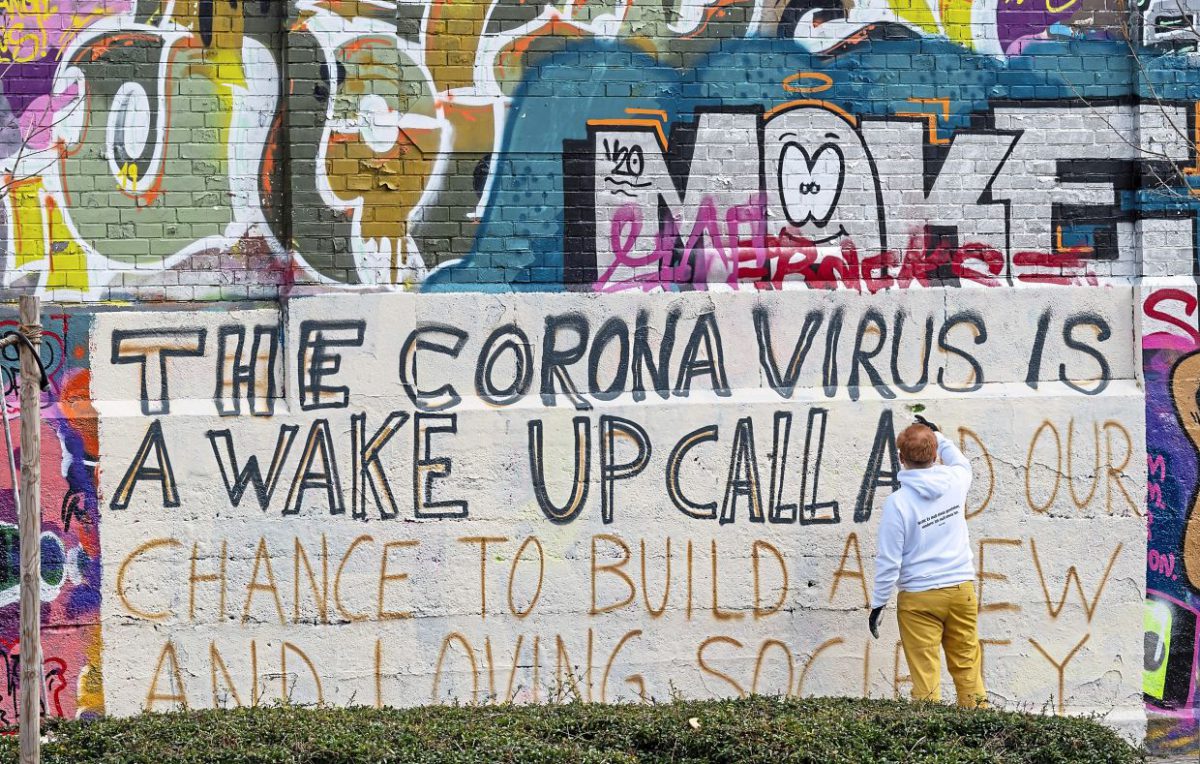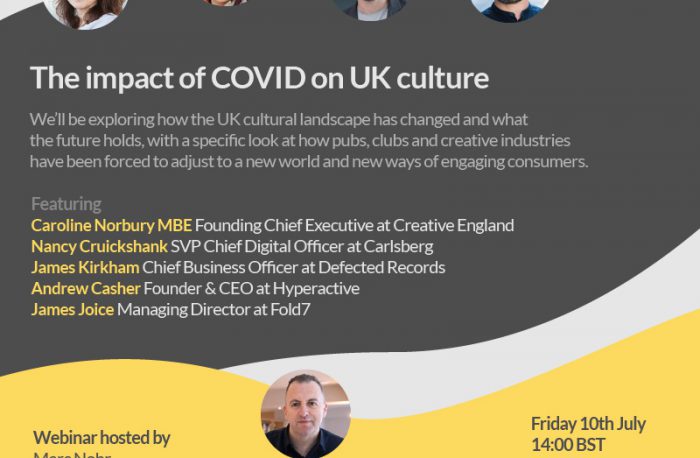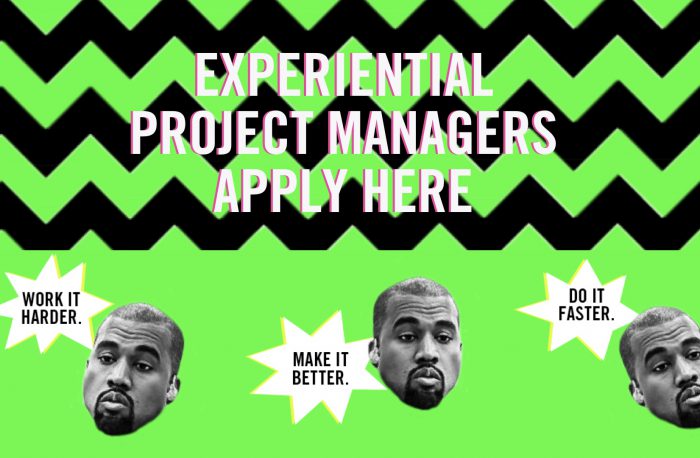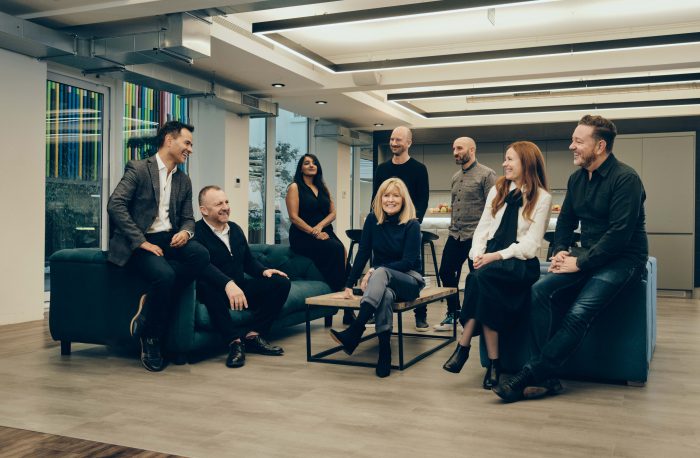Lockdown & The New Cultural Awakening Lockdown & The New Cultural Awakening
an article for Campaign by Hyperactive founder & CEO, Andrew Casher

Lockdown is an opportunity for a new cultural awakening.
Brands talk about ‘cultural relevance’, but with many venues and artists on the brink of financial collapse, now is the time to show they really mean it.
It’s about this time of year that our team, our clients and the wider industry pack up essentials and get ready for weeks of remote working. Not from home, but from festival fields up and down the country. A summer barren of festivals is not only catastrophic for promoters, it also leaves a Pyramid-stage-shaped gap in summer activation plans. But rather than scale back as we mourn the collective loss of revenue, opportunity and connection, let’s change the way we collaborate and think bigger.
Could brands be doing more?
For years, brand investment has not just fuelled the live music economy but allowed it to expand and diversify, offering populist mainstream and specialist experiences week in, week out. Our clients and partner brands clearly benefit from the association and the captive audiences that events deliver, but the consumer also benefits from richer line-ups, more stages and more entertainment.
Campaigning for increased government support with The Creative Industries Federation, Rufus Wainwright said: “Artists protect the minds and souls of a nation.” Which begs the question: without supporting live events this summer, could brands be doing more to support culture in the current climate?
Brand mission statements often talk about cultural relevance as a way to connect with their target consumers. There’s nothing new there. With the Music Venues Trust predicting that a whopping 82% of grassroots music venues will remain closed post-pandemic, now is a critical time for brands to show they really mean it.
What does a pandemic collaboration look like?
With marketing budgets under scrutiny, most brands will not be funding the next immersive virtual Fortnite gig, but the time has never been better for less obvious or less wealthy brands to get involved. Lockdown has seen many brands start to behave with an empathetic responsibility towards their audience with a multitude of entertainment, from Nando’s celeb-infused cook-alongs to Nike’s “Play inside” challenges.
Brands have audiences, products, channels and permission to entertain, so perhaps it is time to approach that entertainment in a different way; rather than merely endorse, let’s look at patronage in a way that encourages the next generation of “coronial” or “quaranteen” artists, creatives, designers and thinkers to continue their creative output, despite the financial and social climate. While financial funding is clearly helpful, there are other ways in which brands can leverage their clout.
Leave a lasting impact
The arts are key to human survival. They are our nourishment, they are keeping us sane – the plethora of programming around Mental Health Awareness Week demonstrates the importance of creative pursuits as therapies. We are inspired to consume more culture, rekindle our passions, dust off the guitar, get back on the decks, doodle and sketch. If brands can embrace that energy, that passion, that shared love, the result will be powerful and longer-lasting connections.
Imagine if a brand could use their resources to inspire the next Dua Lipa or Ed Sheeran by running songwriting or guitar sessions, even informing arts-funding policies as their societal importance is truly realised. Looking forward, brands can be resourceful and relevant collaborators that will leave a lasting imprint on culture to be enjoyed for years to come. And those that play smart will enjoy a place in folklore.
History has proven that creativity is a response to a crisis and, with a new relationship between brands and consumers cultivated during the lockdown, brands have a new question to consider as they plan engagement strategies. Can we go beyond content that entertains to make a commitment to humanity and genuinely steer a culturally rich future? We certainly owe it to ourselves, our clients and society to do our best.


